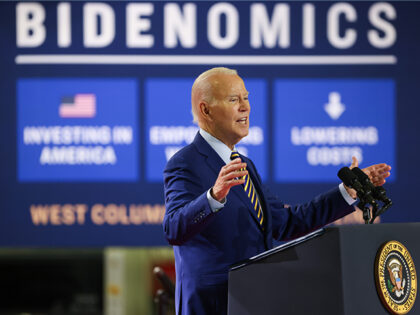Breitbart Business Digest: It’s a ‘Goldilocks’ Economy…for Walmart
Bidenflation is not bad for everyone.

Bidenflation is not bad for everyone.

But the index of coincident economic indicators say conditions still favor growth.
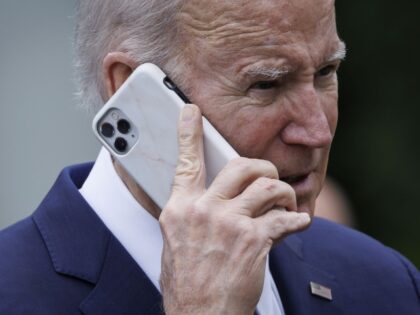
Another sign that the economy is not cooling off despite Federal Reserve rate hikes.
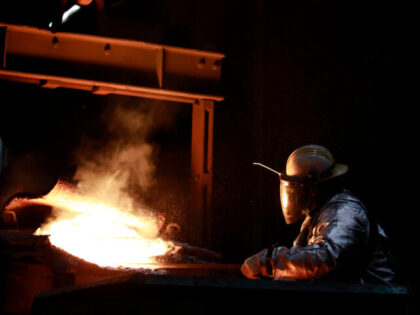
The economic data we have seen so far for the third quarter is nothing short of sizzling.

A company official said Target will “pause, adapt, and learn” after many customers rejected this year’s promotion of transgender ideology.
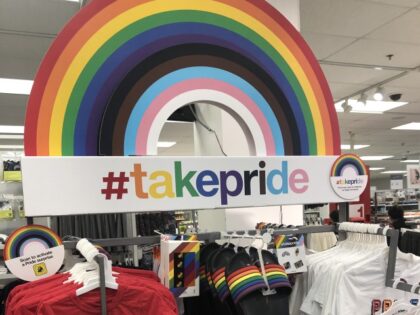
Driven by a lack of existing homes for sale, single-family construction is surging higher.

China’s authorities have responded to the inconvenient facts about the country’s burgeoning unemployment problem by suspending the publication of data on youth unemployment.

Growth is running far below the official target.

Retail sales surged by much more than expected in July, raising the risk of a revival of inflation.
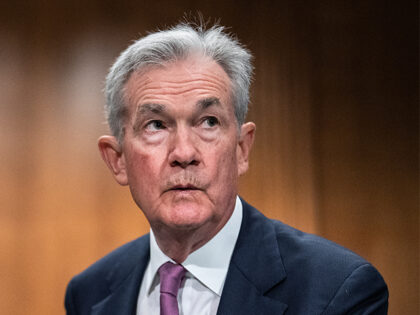
Climate researchers are among the biggest skeptics of Joe Biden’s claim that he can create jobs while fighting climate change.
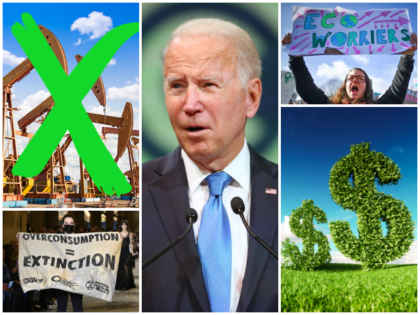
A clear sign of a recession for most folks is that the stuff they need is increasingly financially out of reach, and whether that’s because jobs are scarce or prices are soaring probably does not matter that much.

The White House press secretary falsely claimed that costs were on the decline.

No improvement in consumer sentiment in August and no real change in inflation expectations.
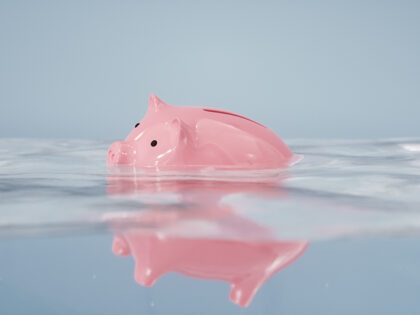
Producer prices rose at a faster pace in July.

The Federal Reserve probably got what it wanted in the July inflation numbers. The Biden administration was not as lucky.
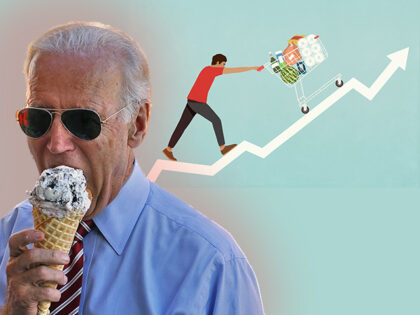
Inflation is proving sticky despite record Fed hikes.

Barstool Sports co-founder Dave Portnoy announced on Tuesday evening that he had bought back Barstool from Penn Entertainment.

When we elected a self-styled “car guy” as President of the United States, this was not quite what we expected.

Wholesalers appear to be liquidating their stock at a faster rate than expected.
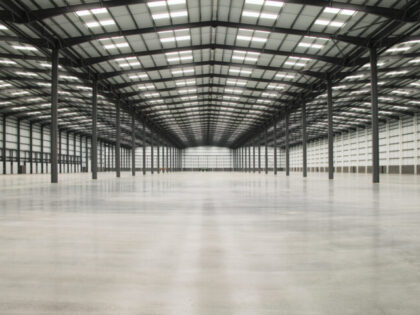
Inflation and hiring remain top concerns even while confidence in sales growth is extremely negative.

The annual monetary policy conference in Jackson Hole, Wyoming, has the potential to produce some explosive results.
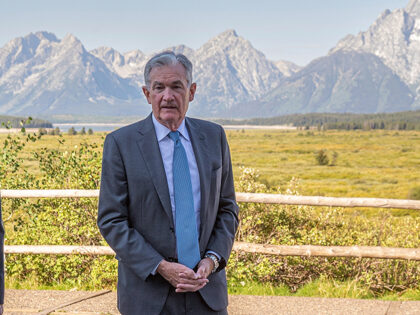
A key gauge for the U.S. labor market indicates more jobs will be added in the months ahead, suggesting the Federal Reserve will hike again later this year.

The strength of the labor market has made “jobs” a far less important political issue going into the 2024 election.
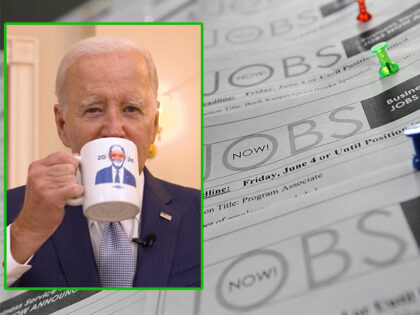
Economists had forecast the economy would add around 200,000 jobs,
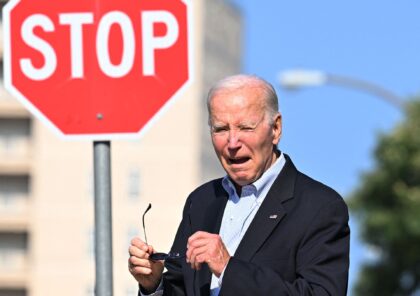
Someone forgot to tell the Hamptons that monetary policy has become “restrictive.”

No sign of rising layoffs or weakness in the labor market.

Politicians and pundits might delight in aiming their blame-throwers at their rivals over the U.S. credit rating downgrade. For markets and the economy, however, it does not matter.

Private sector payrolls grew by 324,000 in July, led by a huge jump in jobs at hotels, bars, and restaurants, payroll processor ADP said.
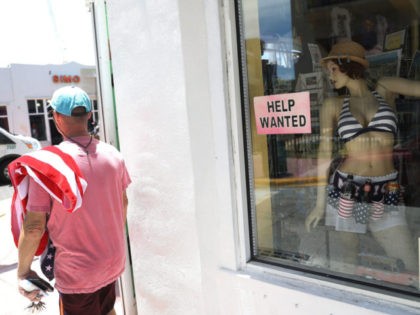
The Manufacturing Recession May Have Hit Bottom A few months ago, we were among the first to notice that the housing downturn appeared to have ended. Now it looks like manufacturing has hit its cyclical nadir. The purchasing managers’ surveys from
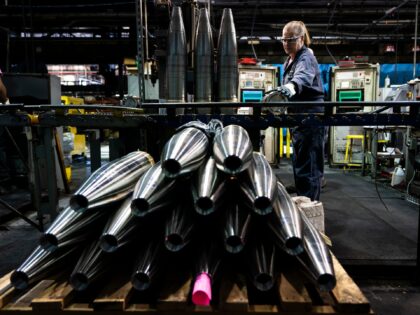
“The rating downgrade of the United States reflects the expected fiscal deterioration over the next three years, a high and growing general government debt burden,” Fitch said Tuesday.
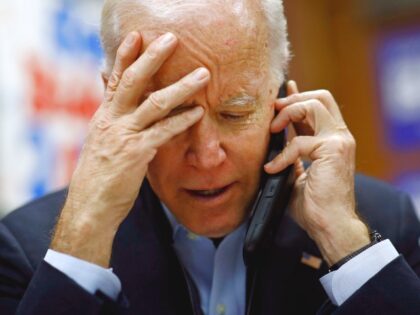
Single-family home construction continued to rebound and factory construction spending is still rising.
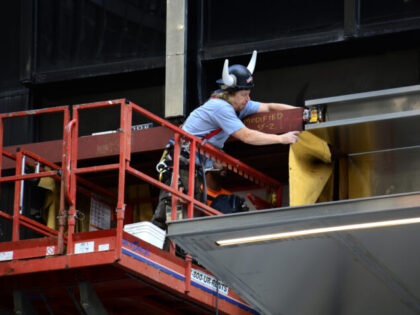
Not much to comfort the Fed in the latest JOLTS report.
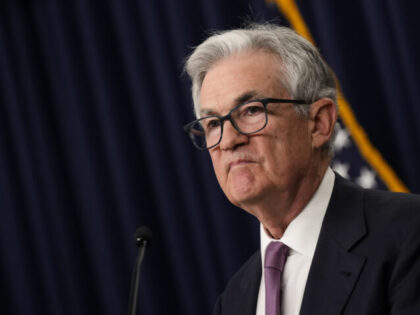
Remember, Goldilocks was sleeping soundly, with her belly full of “just right” porridge, until the bears came home.

The data this week that has inspired such confidence that we are heading for a soft-landing should likely be interpreted as signaling that monetary policy is not yet restrictive enough.
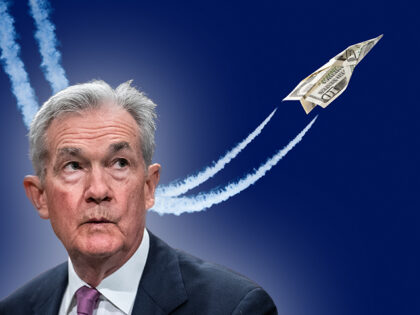
Inflation continued to cool in June but remains above the Federal Reserve’s target. The personal consumption expenditures price index was up 0.2 percent compared with a month ago, a slight pickup in prices compared with the 0.1 percent increase in
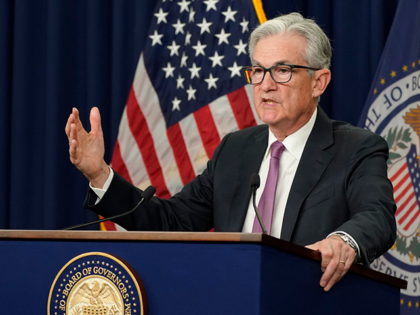
The U.S. economy grew at a 2.4 percent annual rate in the second quarter, the Commerce Department said on Thursday.
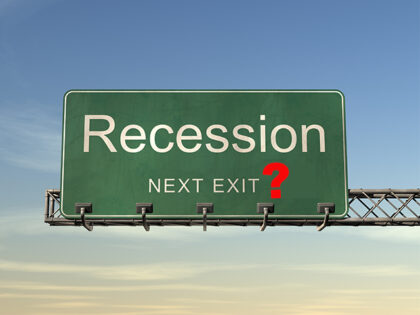
The pace of growth of the U.S. economy picked up in the spring despite the Federal Reserve’s attempt to slow things down. Gross domestic product rose at a 2.4 percent annualized rate in the April through June period, the government said
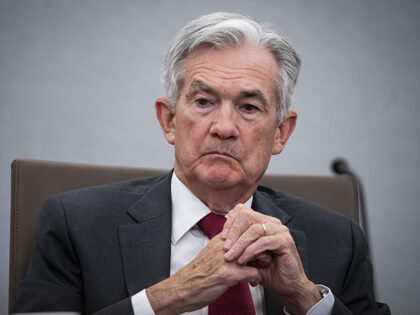
Federal Reserve Chairman Jerome Powell said the Fed is no longer forecasting a recession given the latest economic data showing the resilience of the U.S. economy.
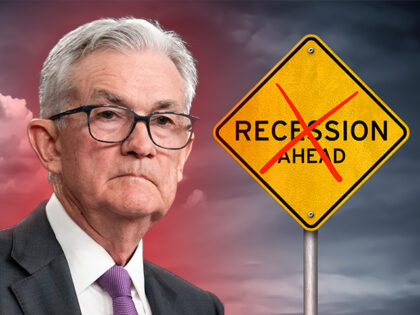
Sales cam in much lower than expected.

Republicans pinning their hopes for 2024 on Bidenomics being a flop should develop a backup plan.
